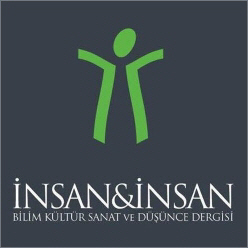Sedat Gencer
Abstract: Erol Güngör is one of the leading figures of the nationalist-conservative community. His intellectual activity, which began in the mid-1950s, continued until the early 1980s. Erol Güngör has been quite influential as an intellectual through his books outside academia, as well as his articles and essays in magazines and newspapers. He responded to the rise of leftist thought in Turkey in the 1960s and the approach of this tradition, which evaluated the country’s issues by giving priority to politics and economics, with a sociological perspective that emphasized culture and history. He analyzed the process of modernization around the concept of culture. The point he constantly emphasizes in his works is that a national culture has not been established in Turkey as a result of the long modernization experience. This article attempts to comprehend his interpretations and ideas on culture within their historical development. Another aim of this study is to demonstrate his holistic approach to culture. The article does this by comparing Erol Güngör with the references of the tradition he followed and also with the literature that overlaps with his approach. As a result, this article was written to show that an intellectual who drew attention to the capacity of culture to create civilization throughout his life still maintains his importance in today’s conditions.
Keywords: Culture, Nationalism, Modernization, Westernization, Intellectual
Sedat Gencer
DOI: 10.29224/insanveinsan.1460922
Year 11, Issue 38, Summer 2024

Tam metin / Full text
(Turkish)

This work is licensed under a Creative Commons Attribution-NonCommercial 4.0 International License.
